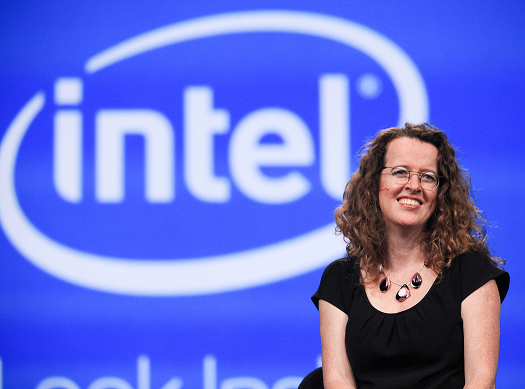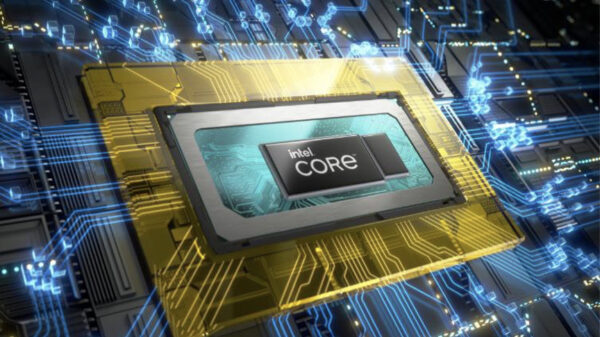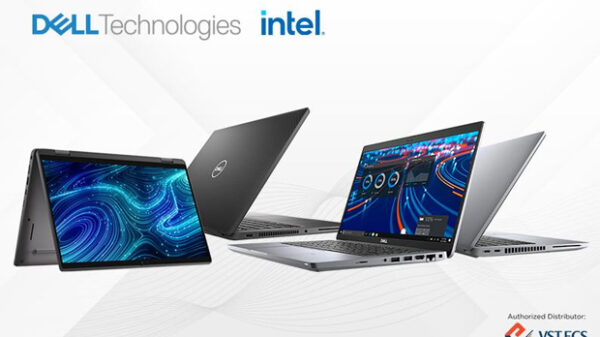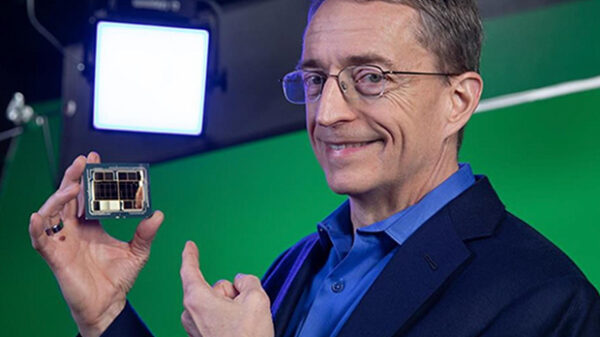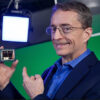
Intel Fellow and anthropologist Dr. Genevieve Bell says the human being has always been,and will continue to be, the ultimate mobile platform.
There is not one mobile future, but 7 billion futures, said Intel Fellow and anthropologist Dr. Genevieve Bell at the Intel Developer Forum. Describing how the human being has always been, and will continue to be, the ultimate mobile platform, Bell illustrated how mobile technology has historically been used to extend our bodies and physical reach, augment our deficiencies and increase our capacity to get things done.
“Mobility technology has been transforming human society for centuries. Its future will be influenced not only by the shrinking size of computing technology due to Moore’s Law, but also by global population growth,” Bell said. “Our inspiration should come not only from the invention of new technology ingredients, but also from the needs and desires of human beings. It’s not one future we are shaping – it’s 7 billion futures, and counting.”
What people want in future mobility
Bell’s work as an anthropologist at Intel has uncovered important insights into people’s desires and frustrations regarding their relationship with technology. Relying on learnings from over 250,000 interviews conducted in 45 countries, she shared with the audience of technology industry developers four global themes reflecting what people want in future mobility: technology which is truly personal, which unburdens them from some of the more annoying hassles of use, which helps people stay in the moment,and which helps people to be their better selves.
A “smart clothing” demonstration from Berlin’s Fraunhofer Institute for Reliability and Micro integration illustrated how shrinking technology will one day disappear into the objects and spaces people interact with. A bicyclist sporting a jacket with a stretchable circuitry board woven into fabric demonstrated clothing could flash bright red lights when a rider is braking.
This single example represented each of the four themes of future mobile technology. The cyclist can enjoy the personal experience of riding and stay in the flow of the moment without worrying about controlling the jacket’s functionality. The jacket also augments his body making him more visible and allowing him to safely pursue riding at all hours of the day or night.
Required technology building blocks
Bell emphasized that these human desires require that Intel and the developer community think beyond today’s mobile devices, such as smartphones and tablets, and consider a broader picture that includes infrastructure, personal data, places and people. In the future the best technology will be aware of the full context of each individual as it provides for personalized experiences. This in turn will shape the development of technology building blocks, be they silicon, operating systems, middleware, applications or services.
“This global vision requires a constant interplay between what technology makes possible and what individuals desire,” said Bell. “Intel will make the best technology and partner with leading developers worldwide to deliver this innovation from silicon to experiences.”
Truly personal mobile experiences depend on low power
Bell discussed how the mobile future will require power consumption orders of magnitude lower than is available today. As devices begin to understand people better, this will require constant sensing at low power. Underscoring the possibilities, Mike Bell, vice president of Intel’s New Devices Group, joined Dr. Bell for a demonstration of an experimental microprocessor powered by a battery made from a glass of wine. The device was able to power up, sense its environment, and send images to an eInk display.
“Low power is essential for the future of wearable devices and sensors in smart spaces, where frequent charging or power cables would be burdensome or even impossible,” said Mike Bell.“Only then can technology be truly personal and embedded into the places and spaces we inhabit and move through.”
Importance of context awareness
Middleware that helps devices understand the context in which their users are operating is another important ingredient for developers creating applications and services that offer truly personalized mobile experiences. In a demonstration of context awareness technology, a smartphone was able to detect when two individuals were in the vicinity of each other by continuously monitoring voices heard through their microphones. The information was used to create recommendations of nearby services such restaurant options — recommendations which could be tailored to the pair or to groups of individuals. For example, different choices might be suggested for a person who was near friends, rather than his or her children or co-workers.
In another demonstration, Dr. Bell showed how context-awareness might help to balance security and personal convenience. As a smartphone monitored a person’s walking patterns, it could recognize the person, and, based on this, open access to certain functions of the phone. Dr. Bell noted that this approach to security – when safely under the control of its rightful owner– is an interesting future security model for mobile devices.
In the conclusion of Dr. Bell’s presentation, Peter Biddle, the general manager of Intel Cloud Services, demonstrated a research concept for a cloud service with a dashboard to help people understand how secure their personal data is across all their devices and social networks.




















































































